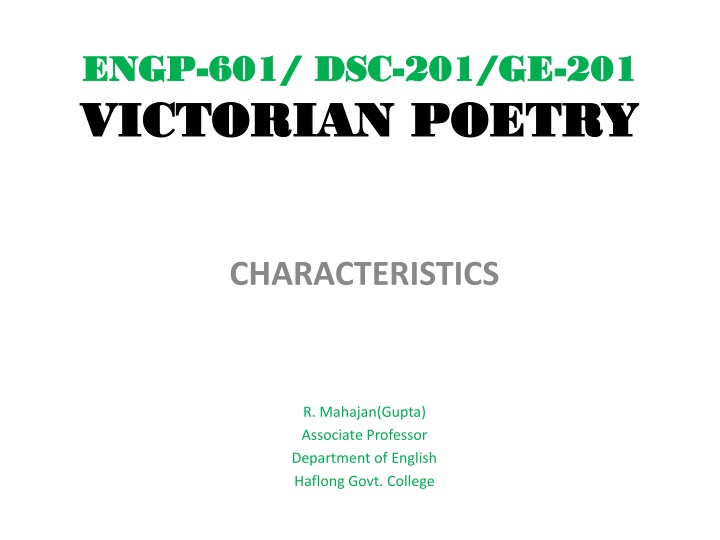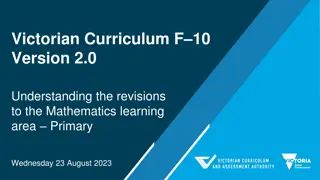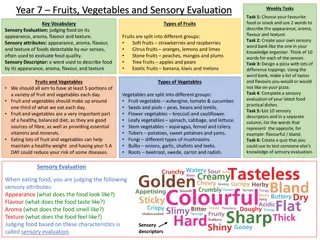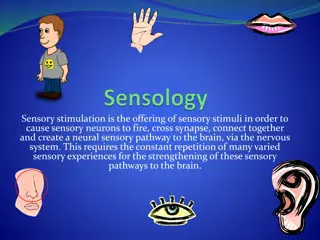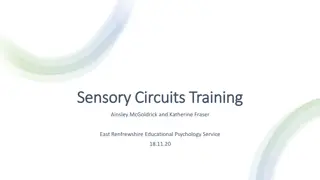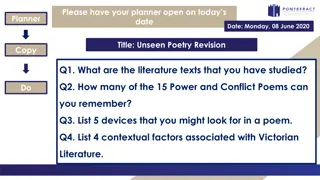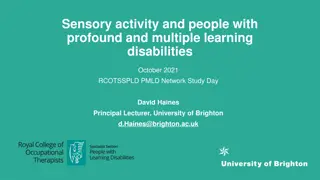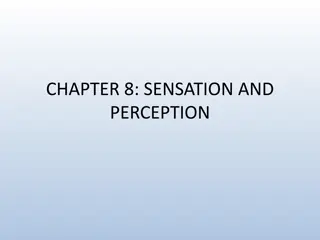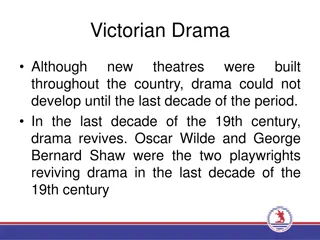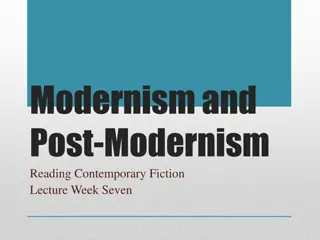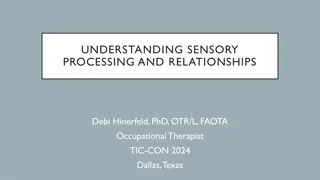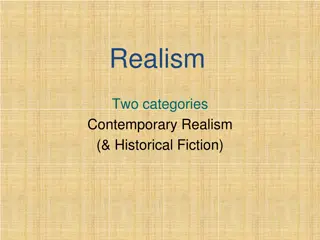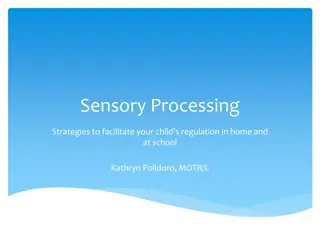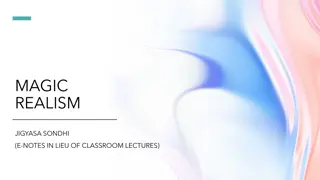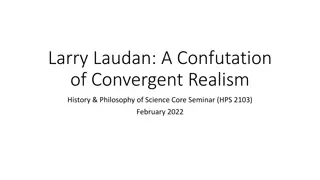Exploring Victorian Poetry: Sensory Imagery and Social Realism
Enormous changes in Victorian England shaped the poetry of the era, with a focus on sensory elements, realism, and naturalism. Queen Victoria's reign and the societal shifts of the time influenced themes of religion, science, and social reform in literary works. Victorian poets captured the struggles between tradition and modernity, portraying detailed descriptions of everyday life and darker aspects. The era marked a significant outpouring of literary production reflecting the evolving political and social landscapes.
Download Presentation

Please find below an Image/Link to download the presentation.
The content on the website is provided AS IS for your information and personal use only. It may not be sold, licensed, or shared on other websites without obtaining consent from the author.If you encounter any issues during the download, it is possible that the publisher has removed the file from their server.
You are allowed to download the files provided on this website for personal or commercial use, subject to the condition that they are used lawfully. All files are the property of their respective owners.
The content on the website is provided AS IS for your information and personal use only. It may not be sold, licensed, or shared on other websites without obtaining consent from the author.
E N D
Presentation Transcript
ENGP ENGP- -601/ DSC 601/ DSC- -201/GE VICTORIAN POETRY VICTORIAN POETRY 201/GE- -201 201 CHARACTERISTICS R. Mahajan(Gupta) Associate Professor Department of English Haflong Govt. College
Queen Victoria (1819-1901) Reign: 1837-1901 She had the longest reign in British history Became queen at the age of 18; she was graceful and self-assured. She also had a gift for drawing and painting Throughout her reign, she maintained a sense of dignity and decorum that restored the average person s high opinion of the monarchy after a series of horrible, ineffective leaders 1840-Victoria married a German prince, Albert, who became not king, but Prince-consort (A prince consort is the husband of a queen regnant who is not himself a king in his own right. ) After he died in 1861, she sank into a deep depression and wore black every day for the rest of her life
Enormous changes occurred in political and social life in England and the rest of the world The scientific and technical innovations of the Industrial Revolution, the emergence of modern nationalism, and the European colonization of much of Africa, the Middle East, and the Far East changed most of Europe Far-reaching new ideas created the greatest outpouring of literary production the world has ever seen
REALISM The attempt to produce in art and literature an accurate portrayal of reality Realistic, detailed descriptions of everyday life, and of its darker aspects. Themes in included families, religion, and social reform Realist writing
Naturalism Based on the philosophical theory that actions and events are the results not of human intentions, but of largely uncontrollable external forces Authors chose subjects and themes common to the lower and middle classes Attentive to details, striving for accuracy and authenticity in their descriptions
One most important and obvious characteristic of Victorian Poetry was the use of sensory elements. Most of the Victorian Poets used imagery and the senses to convey the scenes of struggles between Religion and Science, and ideas about Nature and Romance, which transport the readers into the minds and hearts of the people of the Victorian age, even today. Lord Alfred Tennyson lives up to this expected characteristic in most of his works.
Another characteristic of Victorian poetry was the Victorian Poets wrote about Bohemian ideas and furthered the imaginings of the Romantic Poets. Poets like Emily Bronte, Lord Alfred prominently used sentimentality in their poems. sentimentality. Tennyson
Science advancement in science and inventions was welcomed by the Victorian poets. It made them believe that a man can find all solutions to his problems and sufferings. They made their readers believe that they should use science for their betterment. and Technology: The
Questioning to God: It was an important feature of Victorian development of rationalism and radicalism led the people to give up the religious thoughts and be more sceptic. Moreover, corruption in the Church, defining the morality of Priests, etc also led the people to question the religious institutions. poetry. The empirical science,
